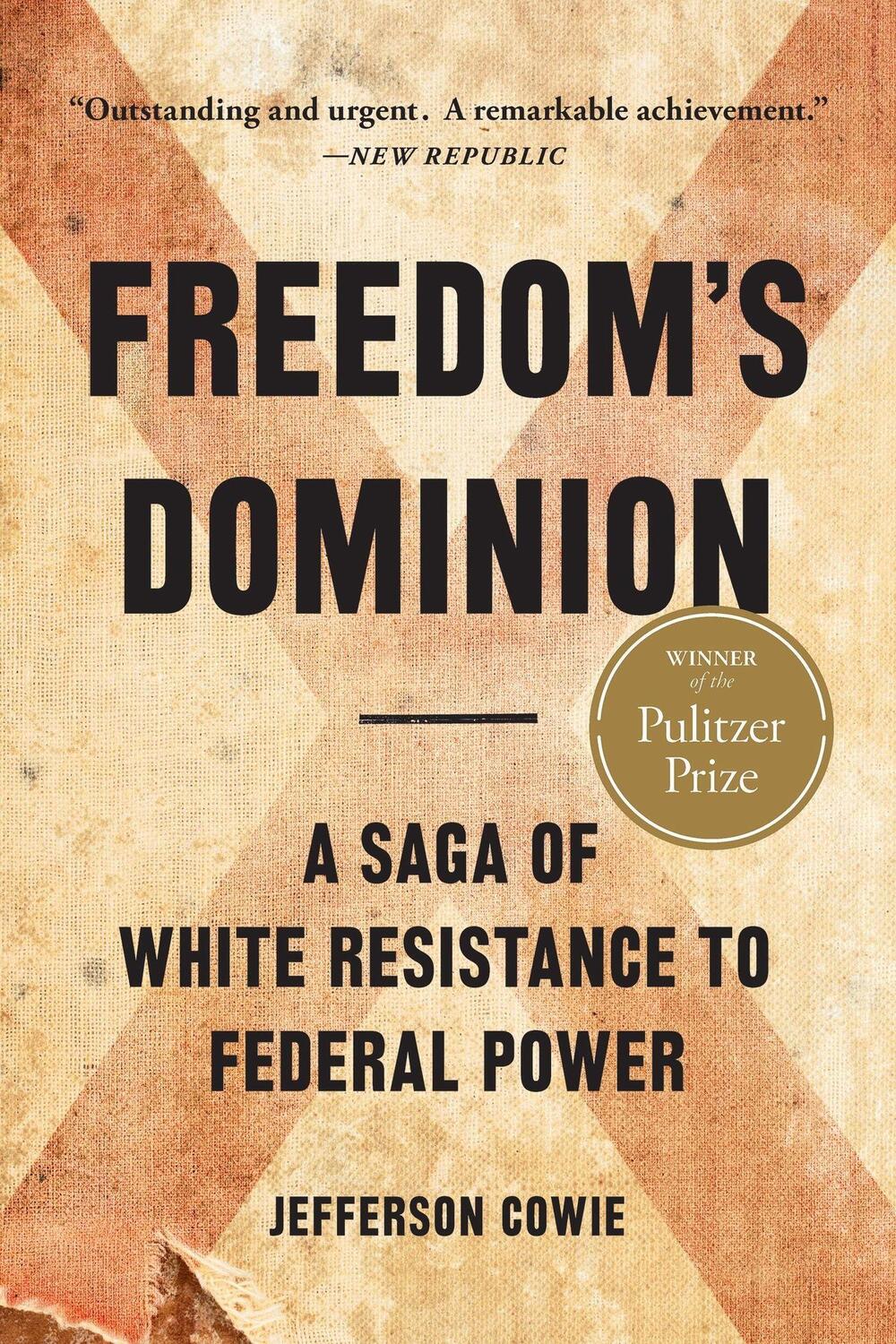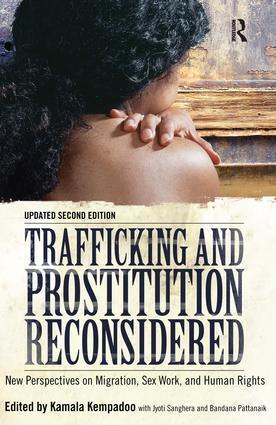Dekorationsartikel gehören nicht zum Leistungsumfang.
Sprache:
Englisch
22,50 €*
Versandkostenfrei per Post / DHL
Aktuell nicht verfügbar
Kategorien:
Beschreibung
"From the American Revolution to Black Lives Matter, Americans have come to associate freedom with the fight of the oppressed for a better world. Few ideas are as central to the national mythos. But whenever the federal government has taken a stand for racial minorities, however halfhearted, white Americans have been quick to weaponize the concept of freedom, framing the state itself as a tyrannical obstacle to their own liberties. In Freedom's Dominion, prize-winning historian Jefferson Cowie lays bare the tales of violence and power that lie beneath America's cherished ideal of freedom, through the history of one seemingly charming place in Alabama-Barbour County and its largest town, Eufaula. Long before it was the launching pad for Alabama governor and prominent segregationist George Wallace, Barbour served as a battleground between local and national authorities. In the 1830s, white intruders battled federal troops sent to evict them from Creek Indian lands-including the village called Eufala Town-that they had unlawfully invaded. Eventually the white resistance prompted the federal government to give up the fight and relocate the Creeks westward, bowing to whites' insistence on their freedom to settle where they wished, and smoothing the way for the growth of plantation slavery. In the wake of the Civil War, US troops backed the right of Barbour County's African Americans to vote-until they didn't, and white residents massacred black voters lined up at the polls on Election day in 1874. During the New Deal, local whites eagerly embraced growing federal spending in Barbour County while steadfastly resisting simultaneous efforts to alter the racial order, using convict labor, tenant farming, and lynching to maintain their freedom to rule. After the federal government finally took an enduring affirmative stance on African American rights during the 1950s and 1960s, it prompted Wallace and his allies to take their fight for freedom to the national stage. When Wallace demanded "Segregation forever!" in his famous 1963 inaugural address, invoking "freedom" twenty-four times, he merely channeled the currents of Southern-and national-history. This was no new "backlash," as it was often described at the time. Ever the Founding, white Americans crying freedom have responded to even the most limited federal interventions to help non-white people with massive, and often violent, resistance. Tracing one town's story and a long struggle between local racism and federal power that continues to this day, Freedom's Dominion reveals how many white Americans came view the federal government as an obstacle to their freedom-their freedom, that is, to oppress"--
"From the American Revolution to Black Lives Matter, Americans have come to associate freedom with the fight of the oppressed for a better world. Few ideas are as central to the national mythos. But whenever the federal government has taken a stand for racial minorities, however halfhearted, white Americans have been quick to weaponize the concept of freedom, framing the state itself as a tyrannical obstacle to their own liberties. In Freedom's Dominion, prize-winning historian Jefferson Cowie lays bare the tales of violence and power that lie beneath America's cherished ideal of freedom, through the history of one seemingly charming place in Alabama-Barbour County and its largest town, Eufaula. Long before it was the launching pad for Alabama governor and prominent segregationist George Wallace, Barbour served as a battleground between local and national authorities. In the 1830s, white intruders battled federal troops sent to evict them from Creek Indian lands-including the village called Eufala Town-that they had unlawfully invaded. Eventually the white resistance prompted the federal government to give up the fight and relocate the Creeks westward, bowing to whites' insistence on their freedom to settle where they wished, and smoothing the way for the growth of plantation slavery. In the wake of the Civil War, US troops backed the right of Barbour County's African Americans to vote-until they didn't, and white residents massacred black voters lined up at the polls on Election day in 1874. During the New Deal, local whites eagerly embraced growing federal spending in Barbour County while steadfastly resisting simultaneous efforts to alter the racial order, using convict labor, tenant farming, and lynching to maintain their freedom to rule. After the federal government finally took an enduring affirmative stance on African American rights during the 1950s and 1960s, it prompted Wallace and his allies to take their fight for freedom to the national stage. When Wallace demanded "Segregation forever!" in his famous 1963 inaugural address, invoking "freedom" twenty-four times, he merely channeled the currents of Southern-and national-history. This was no new "backlash," as it was often described at the time. Ever the Founding, white Americans crying freedom have responded to even the most limited federal interventions to help non-white people with massive, and often violent, resistance. Tracing one town's story and a long struggle between local racism and federal power that continues to this day, Freedom's Dominion reveals how many white Americans came view the federal government as an obstacle to their freedom-their freedom, that is, to oppress"--
Über den Autor
Jefferson Cowie holds the James G. Stahlman Chair in History at Vanderbilt University. He is the author of three other books, including Stayin’ Alive: The 1970s and the Last Days of the Working Class, and his work has appeared in numerous outlets including Time, the New York Times, Foreign Affairs, and Politico. He lives in Nashville, Tennessee.
Details
| Erscheinungsjahr: | 2024 |
|---|---|
| Fachbereich: | Völkerkunde |
| Produktart: | Nachschlagewerke |
| Rubrik: | Völkerkunde |
| Medium: | Taschenbuch |
| Seiten: | 512 |
| ISBN-13: | 9781541605121 |
| ISBN-10: | 1541605128 |
| Sprache: | Englisch |
| Einband: | Kartoniert / Broschiert |
| Autor: | Cowie, Jefferson |
| Hersteller: | Basic Books |
| Maße: | 207 x 136 x 38 mm |
| Von/Mit: | Jefferson Cowie |
| Erscheinungsdatum: | 02.01.2024 |
| Gewicht: | 0,446 kg |
Über den Autor
Jefferson Cowie holds the James G. Stahlman Chair in History at Vanderbilt University. He is the author of three other books, including Stayin’ Alive: The 1970s and the Last Days of the Working Class, and his work has appeared in numerous outlets including Time, the New York Times, Foreign Affairs, and Politico. He lives in Nashville, Tennessee.
Details
| Erscheinungsjahr: | 2024 |
|---|---|
| Fachbereich: | Völkerkunde |
| Produktart: | Nachschlagewerke |
| Rubrik: | Völkerkunde |
| Medium: | Taschenbuch |
| Seiten: | 512 |
| ISBN-13: | 9781541605121 |
| ISBN-10: | 1541605128 |
| Sprache: | Englisch |
| Einband: | Kartoniert / Broschiert |
| Autor: | Cowie, Jefferson |
| Hersteller: | Basic Books |
| Maße: | 207 x 136 x 38 mm |
| Von/Mit: | Jefferson Cowie |
| Erscheinungsdatum: | 02.01.2024 |
| Gewicht: | 0,446 kg |
Warnhinweis










